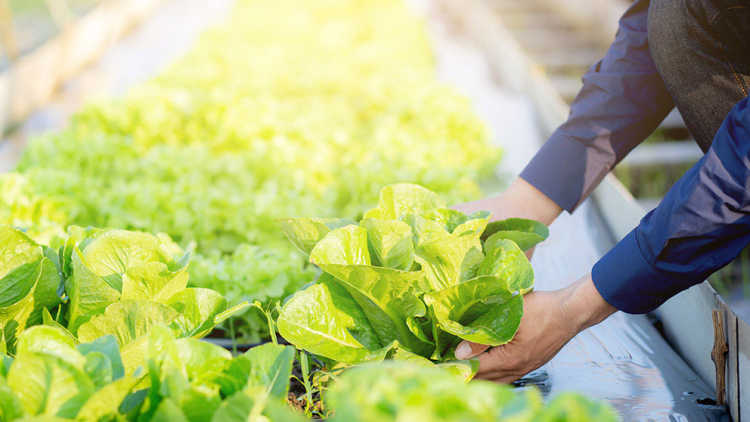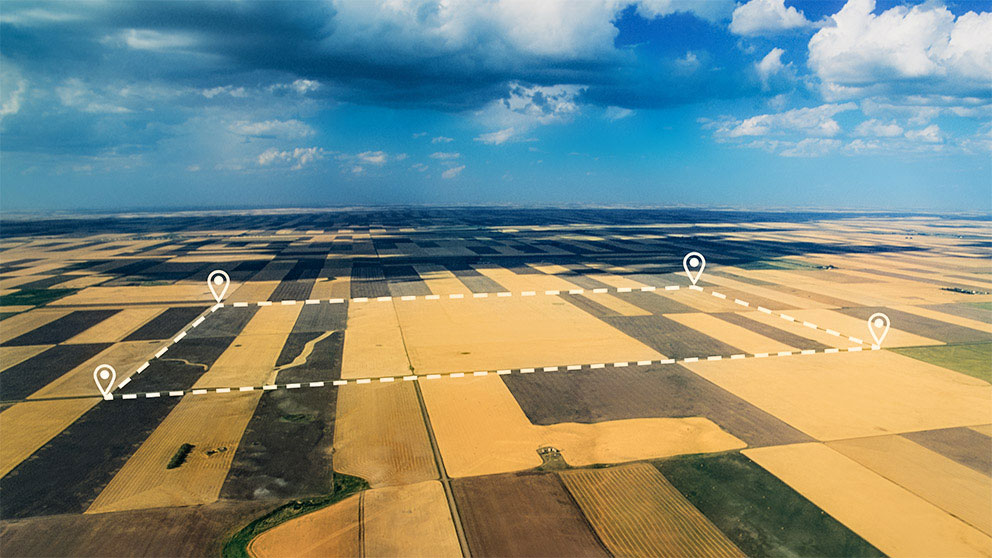Part-time farmers: How to make the best tax planning decisions

To make the most of tax planning, it’s important to identify what type of farming operation you’re running and how much of your time is spent on farming activities. In general, farmers fall into three categories: full-time, part-time or hobby.
To classify as a part-time farm, there must be a reasonable expectation of profit.
Farming represents the chief source of income for full-time farmers, whereas part-time and hobby farmers earn their primary income - generally more than 50% of all income - by working off-farm. To classify as a part-time farm, there must also be a reasonable expectation of profit. This is the key difference between part-time and hobby farming, as hobby operations are considered recreational with no realistic expectation of profit.
Stephanie Enders, accounting partner at King Business Solutions in Leduc, Alta., sees a rising number of part-time farmers seeking accounting and tax planning advice each year. She says they may be in a situation where they plan to continue their off-farm employment, or entering or growing a farming business where they hope to move to full-time in the future.
Ask your accountant
If your operation classifies as a part-time farm, it is important to seek professional tax advice on an ongoing basis. Here are three top questions to ask your accountant at your next meeting.
1. What can I do to minimize my tax liability?
“It’s important to connect with your accountant regularly and especially before year-end,” Enders says. “When records are kept up-to-date, we can do tax estimates to see where you are sitting and figure out what the best tax strategy is.”
For the many farmers who use the cash basis of accounting for income tax purposes, this means meeting in the fall to discuss pre-buying inputs or using the optional inventory adjustment.
2. Am I subject to a restricted farm loss?
Openly communicating with your accountant about the portion of your time spent farming, as well as your goals and objectives, can help them explain your eligibility for farm losses now and in the future.
Canada’s Income Tax Act allows farmers to offset income with farm losses. Still, part-time farmers are entitled to a restricted farm loss where only a portion of total farm losses can be deductible against other income.
The maximum farm loss deduction amount part-time farmers can claim is $17,500. Excess losses can be carried back three years or ahead 20 years and can only be deducted against farming income.
3. When is it time to change my farm’s corporate structure?
It’s a good idea to discuss the topic of corporate structure at least once a year. There are pros and cons to farm incorporation, but it could lower tax rates depending on how much farm income is being generated.
“It’s really important to ask this question if you’re looking to expand in the future,” Enders says. “Start having the discussion with your accountant now about when and how to take the next step to partnership or incorporation.”
Bottom line
A farm is considered a part-time operation when there is an expectation of profit, but the operator’s main source of income is off farm. Not all farmers can make the same deductions, so seeking professional advice is the best way to determine the ideal tax strategy for your situation.
Article by: Rebecca Hannam

Take the necessary steps to maintain your land value and create a win-win for everyone involved.
